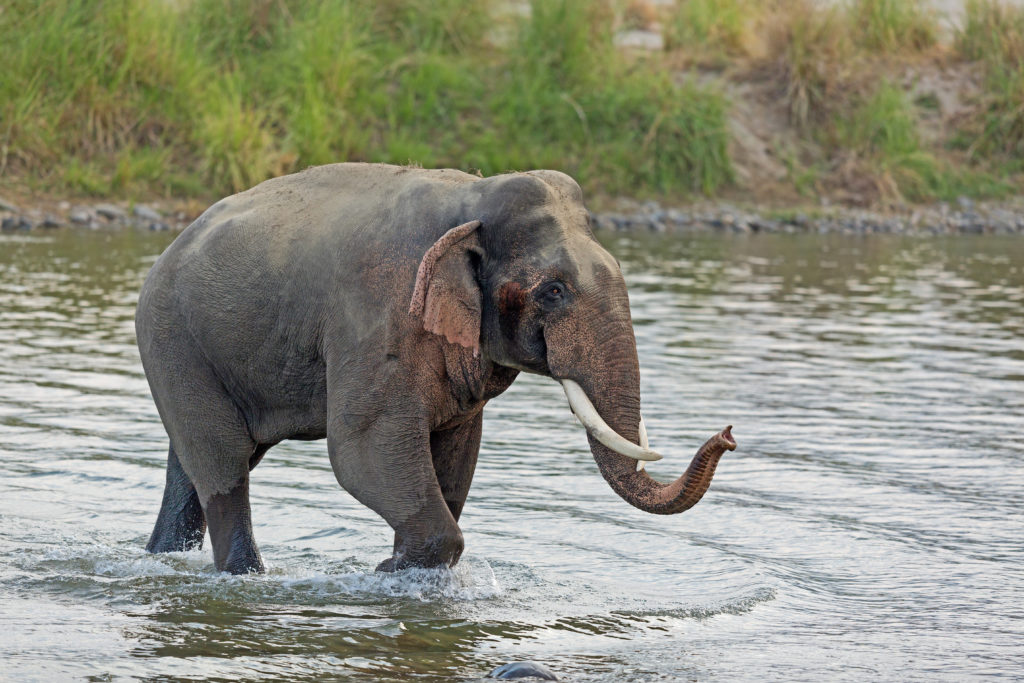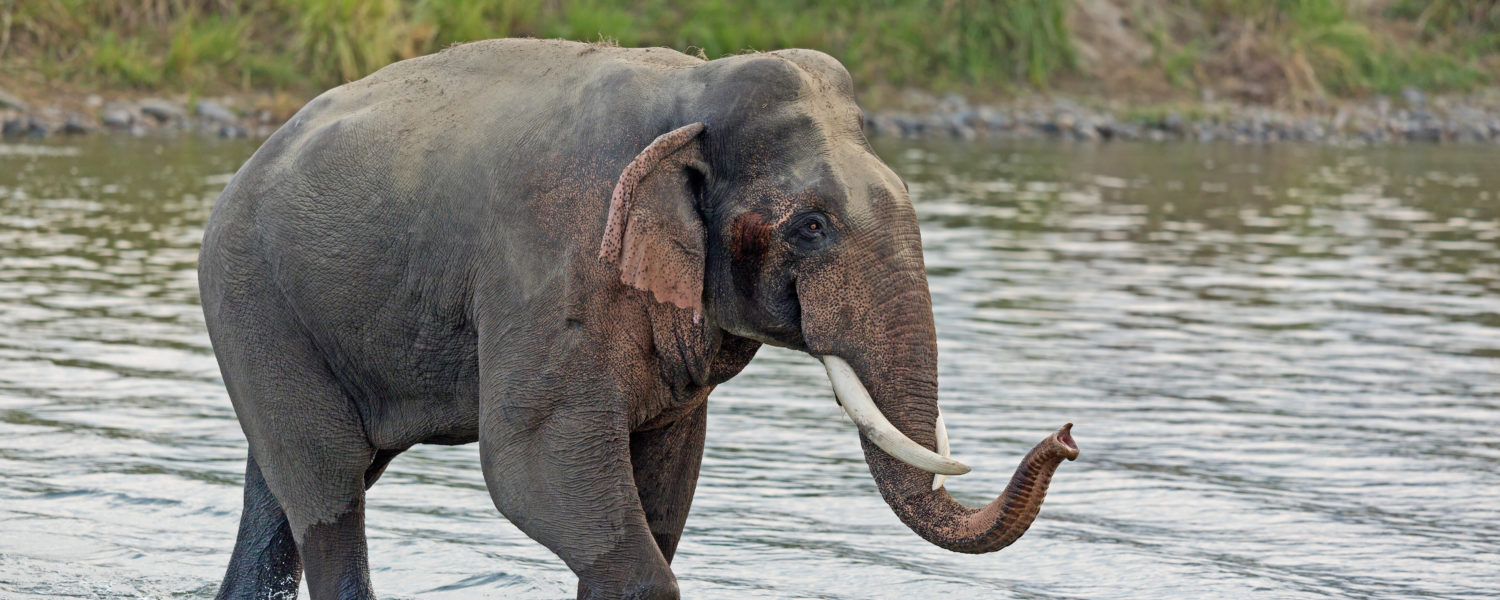EAZA Elephant TAG (EEHV) Fund
Location
European Zoo Collections
Support started
2010
Species:
Elephants
Mission
To look at transmission of the Elephant Endotheliotropic Herpes Virus (EEHV) in elephant herds and investigate the possibility of developing a vaccine to protect against it.
Donating
To help conduct three PhD projects to research the virus.
The co-existence of elephants with EEHV over the past four million years indicates that in young elephants’ lives there must be a protective element to prevent EEHV induced fatality. In captivity in North America and Europe breeding institutions can be affected with EEHV infections, with up to 100% mortality whilst similar institutions (group size, breeding success) are unaffected or minimally affected.
This project investigates important elements in individuals’ lives (up to the age of 3 years) which allows them to resist EEHV as well as looking at factors which make them sensitive to EEHV (retrospective analysis of recent deaths). It is felt that nutritional components such as lauric acid play a key role in disease prevention. During active lactation losses of calves are minimal indicating that elephant milk contains a protective component. Hand-reared calves are at high risk for EEVH infection. The weaning period (approx. 2 years) is a critical phase for young calves regarding EEHV infection.
Lauric acid is an antiviral and antibacterial fatty acid with a commercial use in antibiotic-free treatment against infection, widely used by human HIV patients. Lauric acid makes up 30-40% of free fatty acids in the milk of African elephants; data regarding Asian milk composition is unknown. Other nutritional components may protect weaning calves which may be absent from diseased weaning calves hence causing fatal EEHV infection.
This project investigates important elements in individuals’ lives (up to the age of 3 years) which allows them to resist EEHV as well as looking at factors which make them sensitive to EEHV (retrospective analysis of recent deaths). It is felt that nutritional components such as lauric acid play a key role in disease prevention. During active lactation losses of calves are minimal indicating that elephant milk contains a protective component. Hand-reared calves are at high risk for EEVH infection. The weaning period (approx. 2 years) is a critical phase for young calves regarding EEHV infection.
Lauric acid is an antiviral and antibacterial fatty acid with a commercial use in antibiotic-free treatment against infection, widely used by human HIV patients. Lauric acid makes up 30-40% of free fatty acids in the milk of African elephants; data regarding Asian milk composition is unknown. Other nutritional components may protect weaning calves which may be absent from diseased weaning calves hence causing fatal EEHV infection.
Colchester Zoo’s charitable arm has donated £2,474.74 since 2015. This year, Colchester Zoological Society will be making a contribution of £906.70.
Approximately one hundred animals, predominantly between 3 months and 15 years of age, have died from the virus since its discovery in captive Asian elephants. The three PhD projects are designed:
1. To research important elements in individual elephant’s lives which mean they resist or are sensitive to the virus;
2. To look at transmission in elephant herds and investigate the possibility of developing a vaccine to protect against it;
3. To work towards a better understanding of epidemiology of the virus to validate a molecular test for regular monitoring purposes.
These projects will continue into 2017 to continue to reduce the threat this virus poses to Asian elephants worldwide.
1. To research important elements in individual elephant’s lives which mean they resist or are sensitive to the virus;
2. To look at transmission in elephant herds and investigate the possibility of developing a vaccine to protect against it;
3. To work towards a better understanding of epidemiology of the virus to validate a molecular test for regular monitoring purposes.
These projects will continue into 2017 to continue to reduce the threat this virus poses to Asian elephants worldwide.


